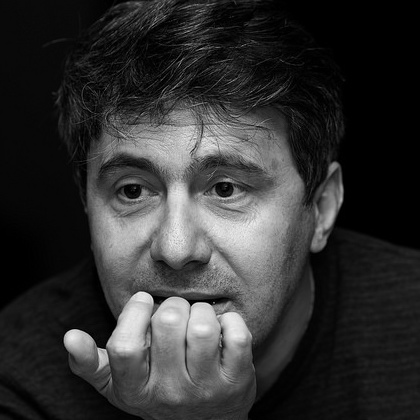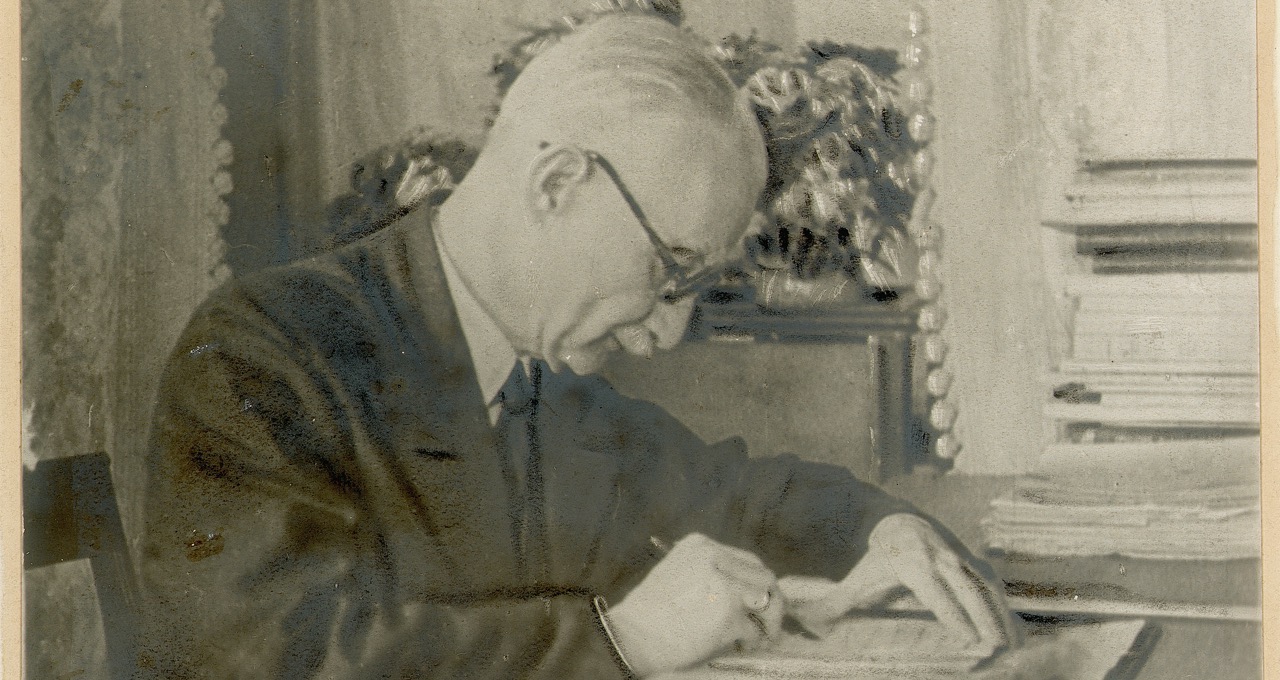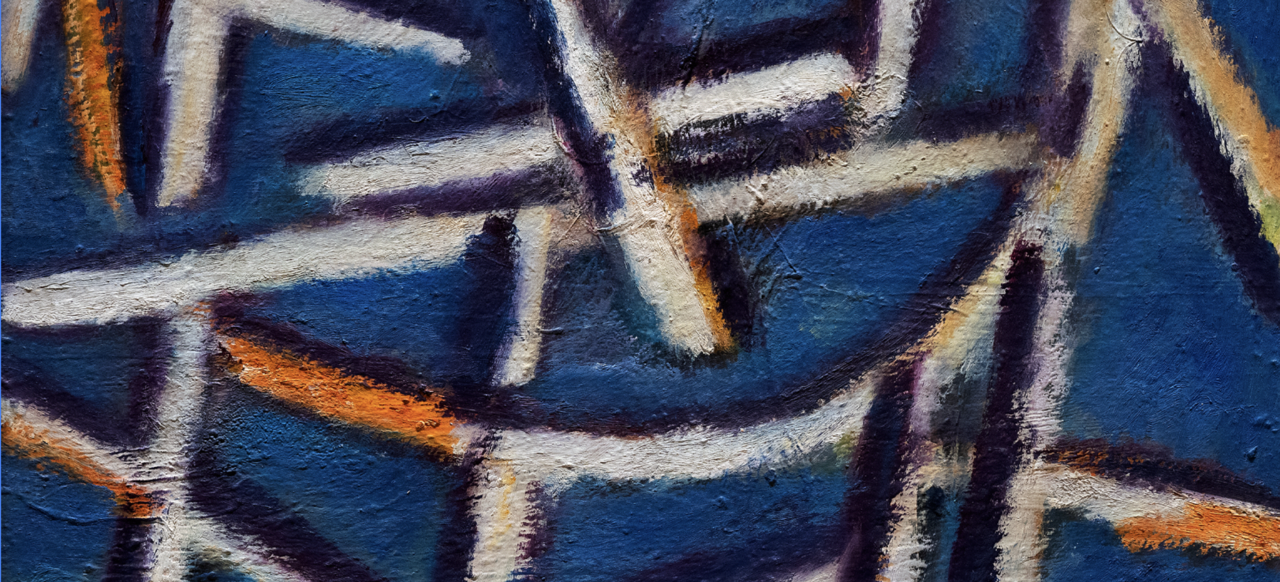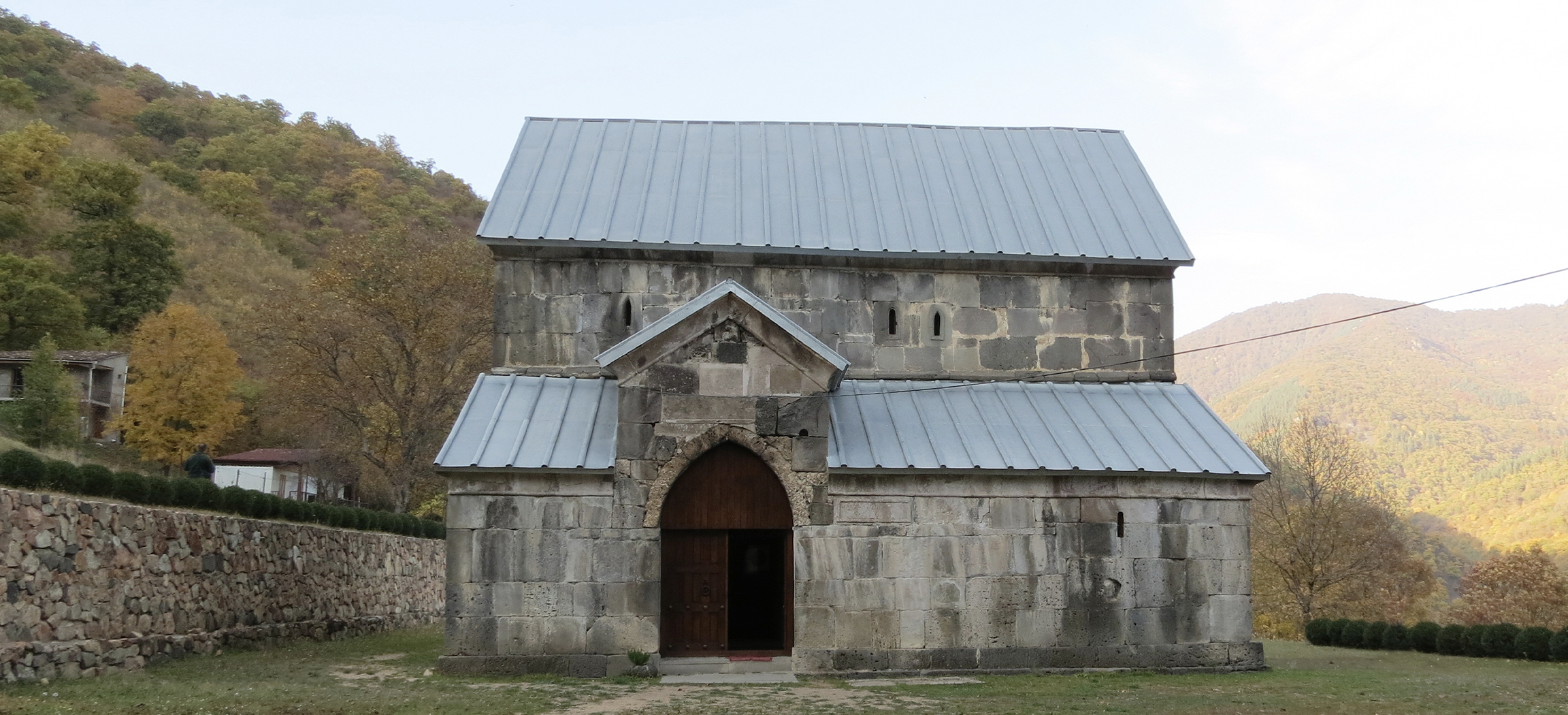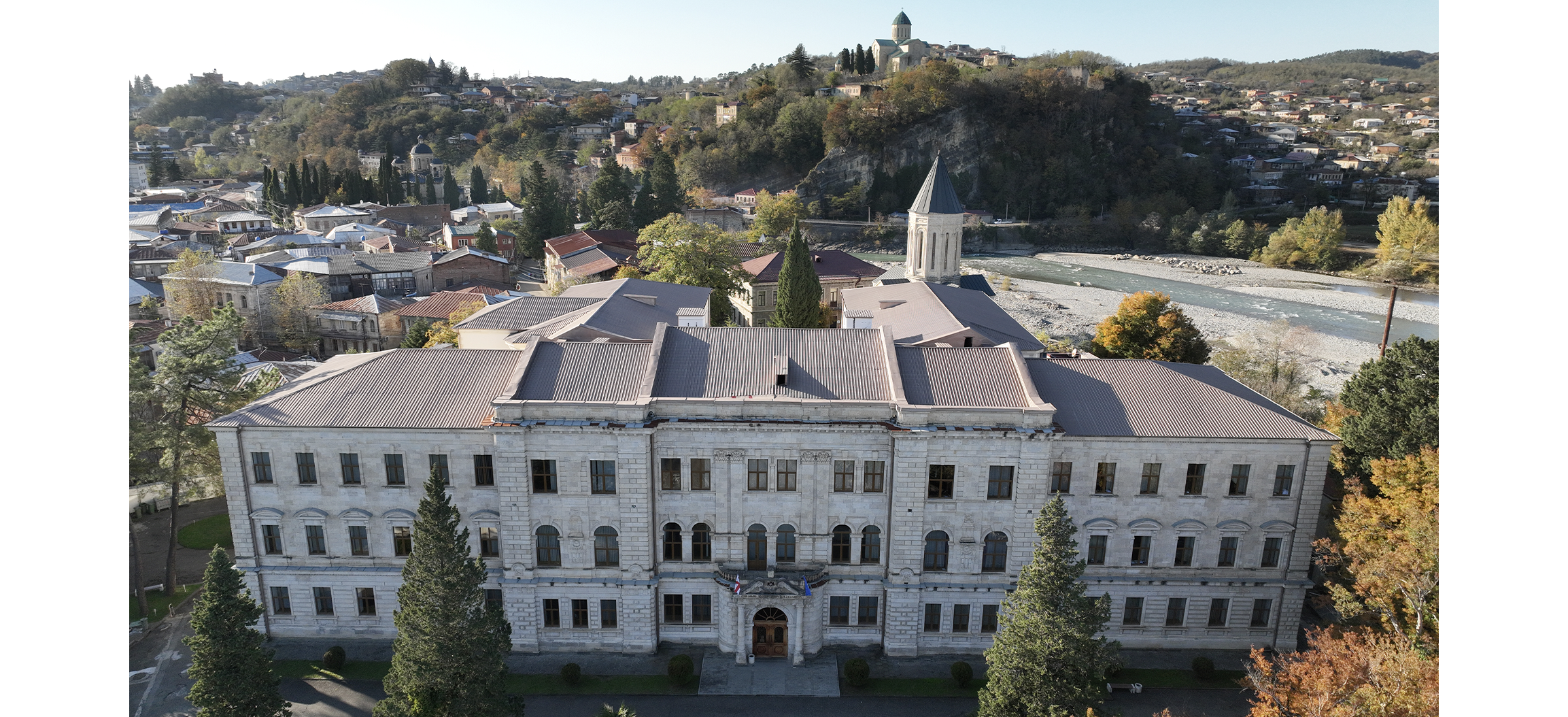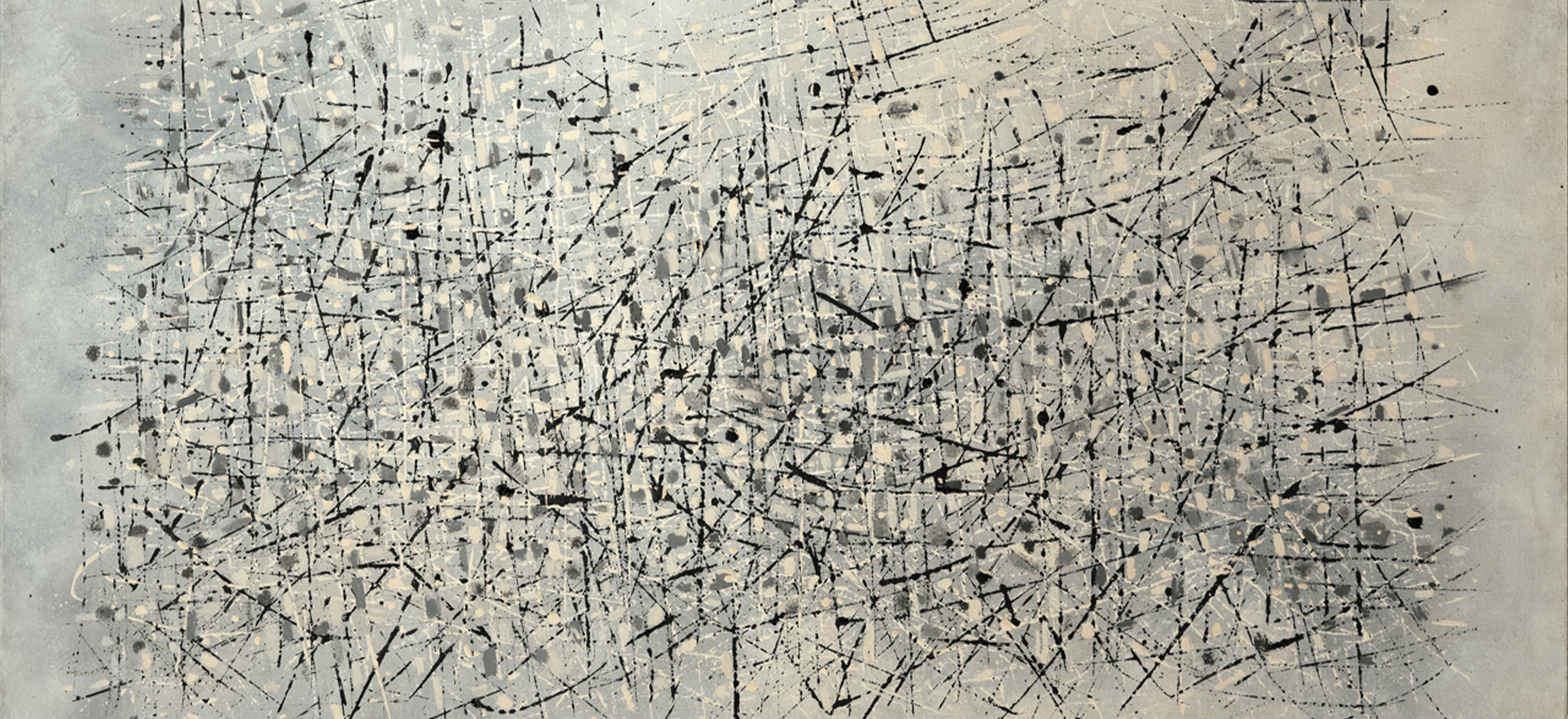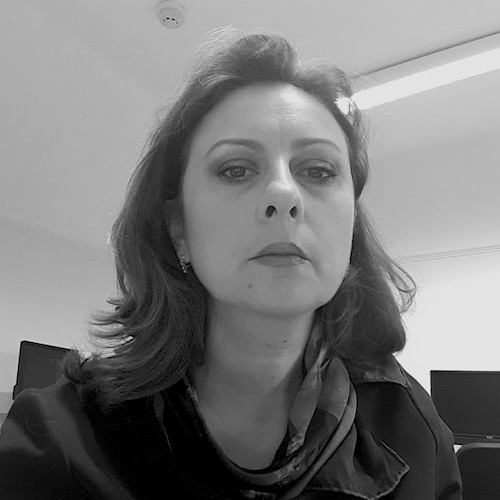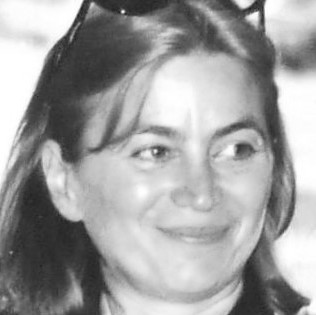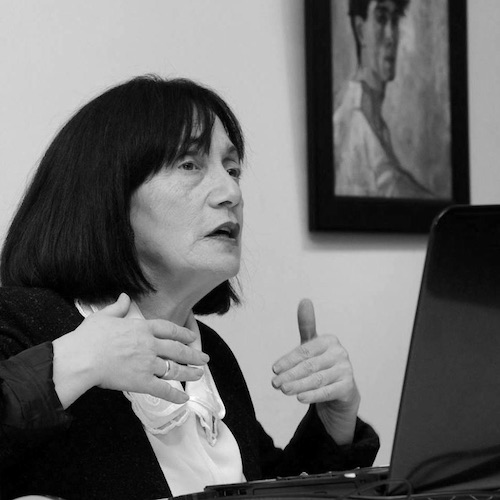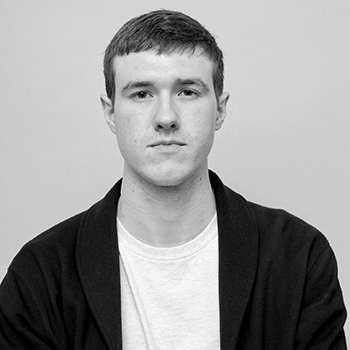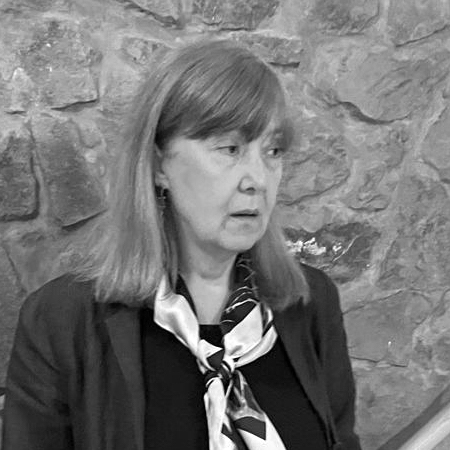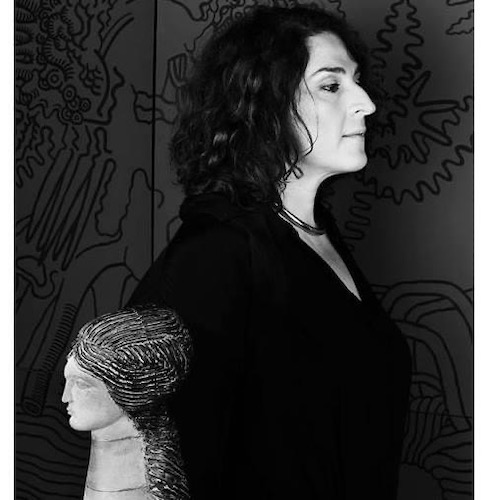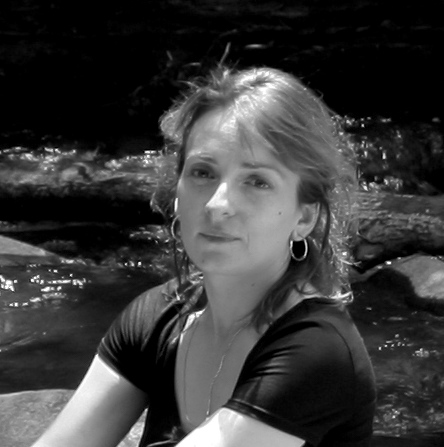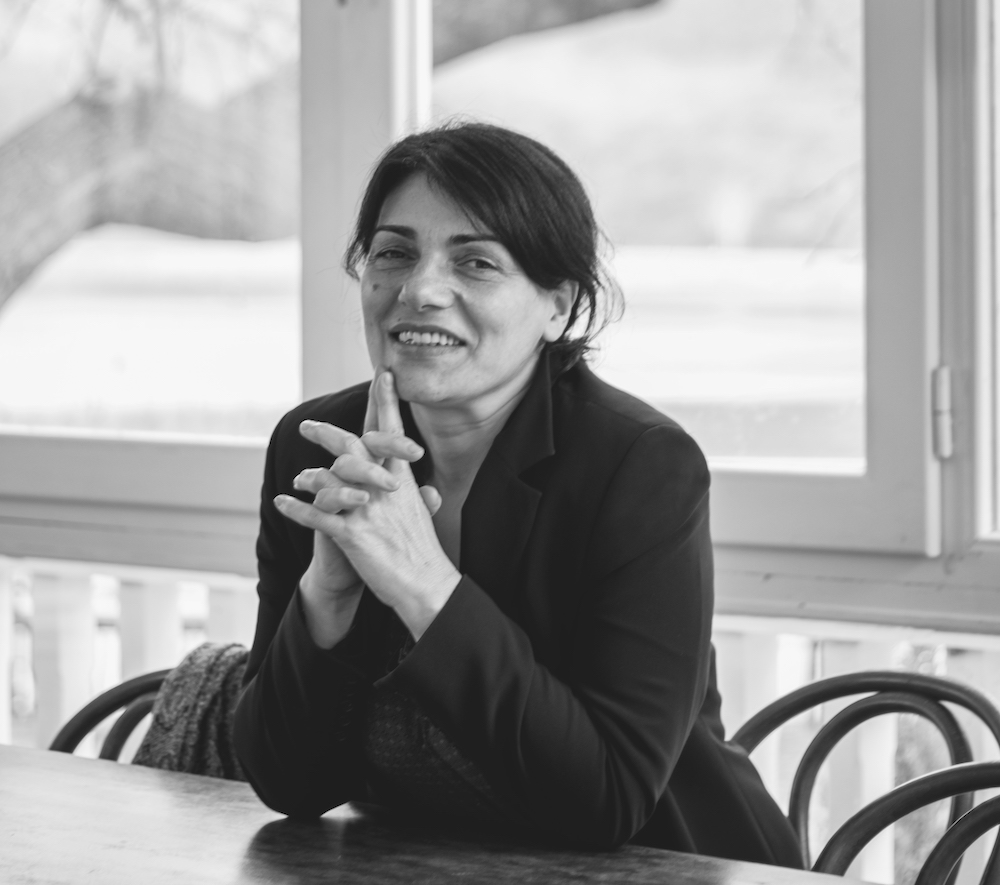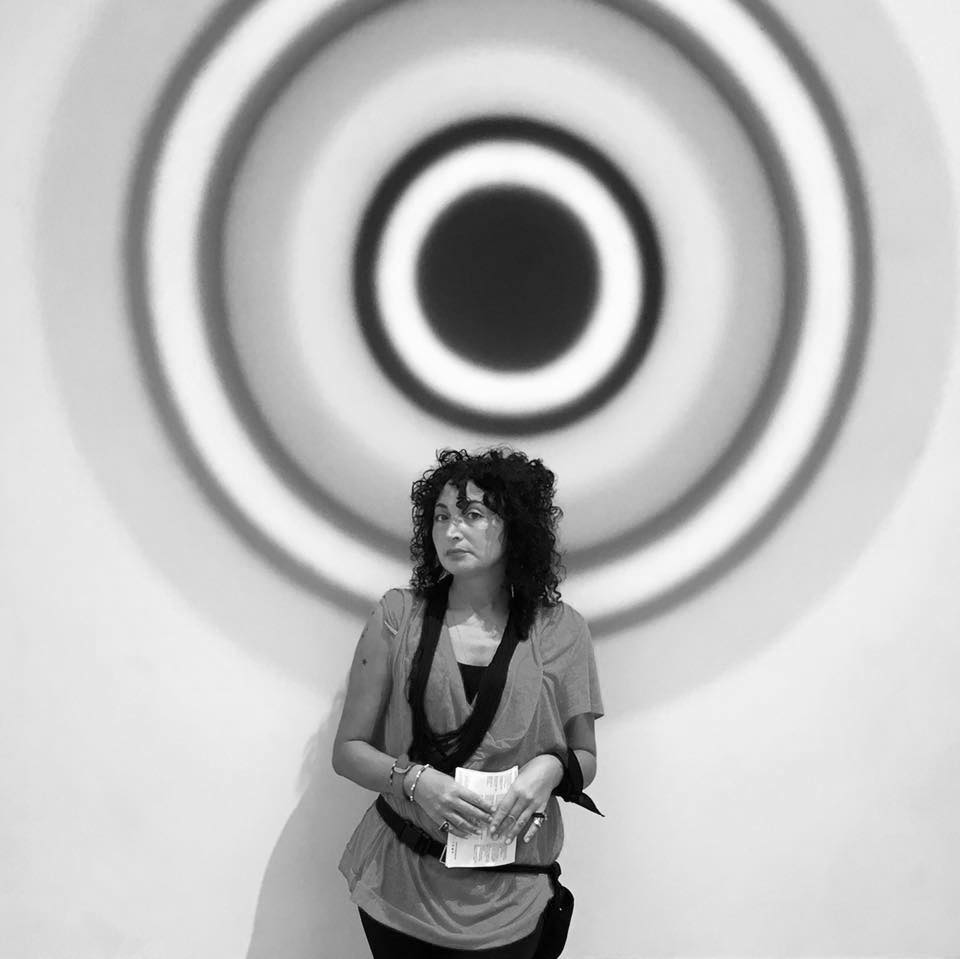Dato Turashvili is a writer who was born in Tbilisi on May 10th, 1966. He studied the History of Cinema, Literature and Art at Tbilisi State University, and then later in London and Madrid-. As a student, he actively participated in protests against the Soviet regime, and was a leader of the student movement. His first prose collection was published in the early 1990s, after Georgia had regained its sovereign independence. In addition to short stories, Turashvili is the author of plays and novels, and at various times has also written screenplays for both documentaries and feature films. Theatrical performances staged according to his plays are not only performed in Georgia, but in other countries as well. Dato Turashvili is the author of several national bestsellers, and his books have been translated into seventeen languages and published in different countries all over the world. To date, he has published twenty-one books and has won several literary awards.

